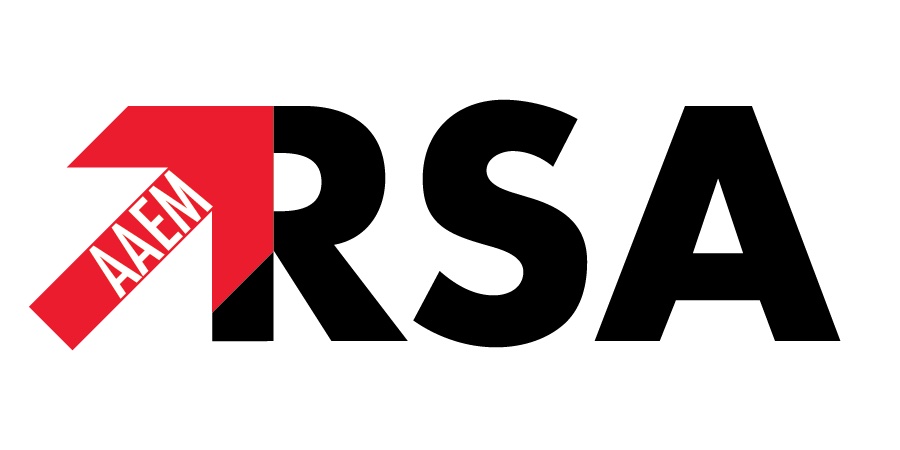Author: Abdullah Faiq
Howard College of Medicine
RSA is proud to share the following essay from one of the 2018-2019 Medical Student Scholarship winners, Abdullah Faiq. We felt this essay best exemplified why they are choosing EM as a specialty. Congratulations, Abdullah!
As I stitched my patient’s last sutures, drawing his eyebrows back into alignment, I turned my attention to his visibly relieved wife. “Don’t worry, he’ll be as handsome as he was yesterday.” She laughed, complimented my work, and insisted her husband take a selfie for the kids. A few hours earlier, he had been in a life-threatening car accident, arriving as a code yellow with 1.5L of blood loss. I lifted the suture mat off his face and saw him smile for the first time. It was 3AM, I felt present and focused, and there was no place I would rather have been.
Walking out of the room, I replayed in my mind’s eye the coordinated care that had stabilized a dire situation. The patient was the same age as my father had been when he lost his life in a car accident. My father was riding his bicycle in a small rural village in Afghanistan to get balloons for my brother’s first birthday and had been struck by a speeding vehicle. He hit his head on the sidewalk but remained alert and responsive for hours before EMS arrived. Miscommunication further delayed his care, and he was taken to a distant hospital with no surgeon on call. He was re-routed to a city hospital, but never made it there. Throughout my journey in medicine, from a seventeen-year-old EMT to an aspiring emergency physician, my father’s tragedy has shaped my desire to work in the golden hour and be a part of the life-saving interventions my father never had.
I arrived in America at age 13, and by age 15 I was working to support my family. Joining EMS as a teenager, I quickly realized that my personality was well-suited for crisis management. Having lived in a warzone had prepared me to embrace, rather than be paralyzed by risks and uncertainty. I enrolled in George Mason University as a Psychology major with the hope that this coursework might assist me in supporting my mother with her grief. Within this major I learned the power of active listening, empathy, and enabling others to feel heard. Classes such as “Effective Communication” taught me skills that became immediately useful upon graduation when I began working at the Inova Emergency Department.
Working in the ED brought me face-to-face with the health care inadequacies of homeless, drug-dependent, and refugee populations. I gained insight into public health issues in America and their impact on our emergency healthcare system. I already knew that I wanted be a physician, but my encounters with these systemic issues inspired me to broaden my scope and develop my understanding of public health. I pursued a Master’s in Public Health (MPH) which allowed me to enrich my analytical skills and branch into clinical research at NIH. Working at the bench was academically rewarding, but I began yearning for the fast pace and unpredictable days in the ED.
At the heart of emergency medicine is the ability to transition from listening to leading. During medical school, I worked on my ability to lead a team. As class president I learned the importance of radical transparency for building a high-functioning team.
Emergency Medicine is my calling, and I will bring positive energy and compassion into the wee hours of the morning. I look forward to expanding my clinical competence, staying involved in my new community, and finding opportunities to work on my long-term goal of reducing health deserts. I began this journey with a desire to shield others from my family’s tragic experience and, in this pursuit, I have discovered my life’s work.

